AeroGenie — Your Intelligent Copilot.
Trending
Categories
Aerospace and Defense Executives Warn of Ongoing Supply Chain Vulnerabilities

Aerospace and Defense Executives Warn of Ongoing Supply Chain Vulnerabilities
Production challenges continue to impede critical U.S. and allied defense programs, as aerospace and defense executives warn that supply chain vulnerabilities remain a pressing concern despite gradual recovery from the pandemic. At a recent Atlantic Council event in Washington, D.C., industry leaders from Samsung Electronics, RENK America, and Acutec Precision Aerospace highlighted ongoing disruptions affecting defense manufacturing, emphasizing the fragility of global supply networks.
Tresa Guenov, director of programs and operations at the Atlantic Council’s Scowcroft Center for Strategy and Security, described supply chain resilience as a central measure of both industrial and national strength. She noted that although the sector is recovering from the shocks of the COVID-19 pandemic, decades of globalization and outsourcing have left U.S. defense manufacturing exposed to persistent risks.
Persistent Strain and Broader Impacts
Since the onset of the pandemic, aerospace and defense supply chains have experienced severe disruptions, with recovery proving slow and uneven. Steve Grundman, Senior Fellow at the Atlantic Council’s Forward Defense Initiative, referenced a Roland Berger report indicating that while the severity of supply chain disruptions has diminished from recent peaks, improvements remain marginal.
Panelists identified multiple factors contributing to the sluggish progress, including tariffs, trade tensions, labor shortages, and increasingly stringent sourcing requirements. Ian Pain, CEO of RENK America, highlighted that heightened European demand for military equipment following Russia’s invasion of Ukraine has further strained already stretched supply chains.
Elizabeth Smith, president and CEO of Acutec Precision Aerospace, emphasized that instability in the industry predates the pandemic. She pointed to political turnover, poor communication across supply chains, and delays in major commercial and defense programs as factors exacerbating long-standing challenges. Smith underscored that “endurance” remains essential for companies like Acutec, as vulnerabilities persist even amid efforts to increase production.
Financial and Operational Risks Extend Beyond Defense
The repercussions of these vulnerabilities extend beyond defense contractors. A recent study by the International Air Transport Association (IATA) and Oliver Wyman projects that ongoing supply chain challenges could cost airlines $11 billion in 2025, as delays in aircraft production and parts compel carriers to keep older planes in service longer. The Aerospace Industries Association has also warned that government shutdowns could disrupt new defense programs and hinder innovation.
While some early-stage defense technology firms express confidence in managing immediate financial impacts, the broader industry remains cautious. The ripple effects are also being felt in other sectors; retail executives have voiced concerns about potential stock shortages during the holiday season, underscoring the widespread reach of supply chain disruptions.
Delays Across Key Defense Programs
These warnings arrive as the U.S. Army seeks to accelerate the Future Long-Range Assault Aircraft (FLRAA) program, with the first MV-75 prototype scheduled for delivery by Bell in Fiscal Year 2027. Mitigating supply chain risks—such as delays and cost overruns—has become a top priority for Pentagon officials. Brigadier General David Phillips, Program Executive Officer for Army Aviation, recently described supply chain challenges as the “highest risk” to the timely delivery and fielding of new systems.
As both the United States and Europe aim to strengthen their defense manufacturing capabilities, industry leaders concur that addressing supply chain vulnerabilities will be critical to ensuring readiness and fostering innovation in the years ahead.
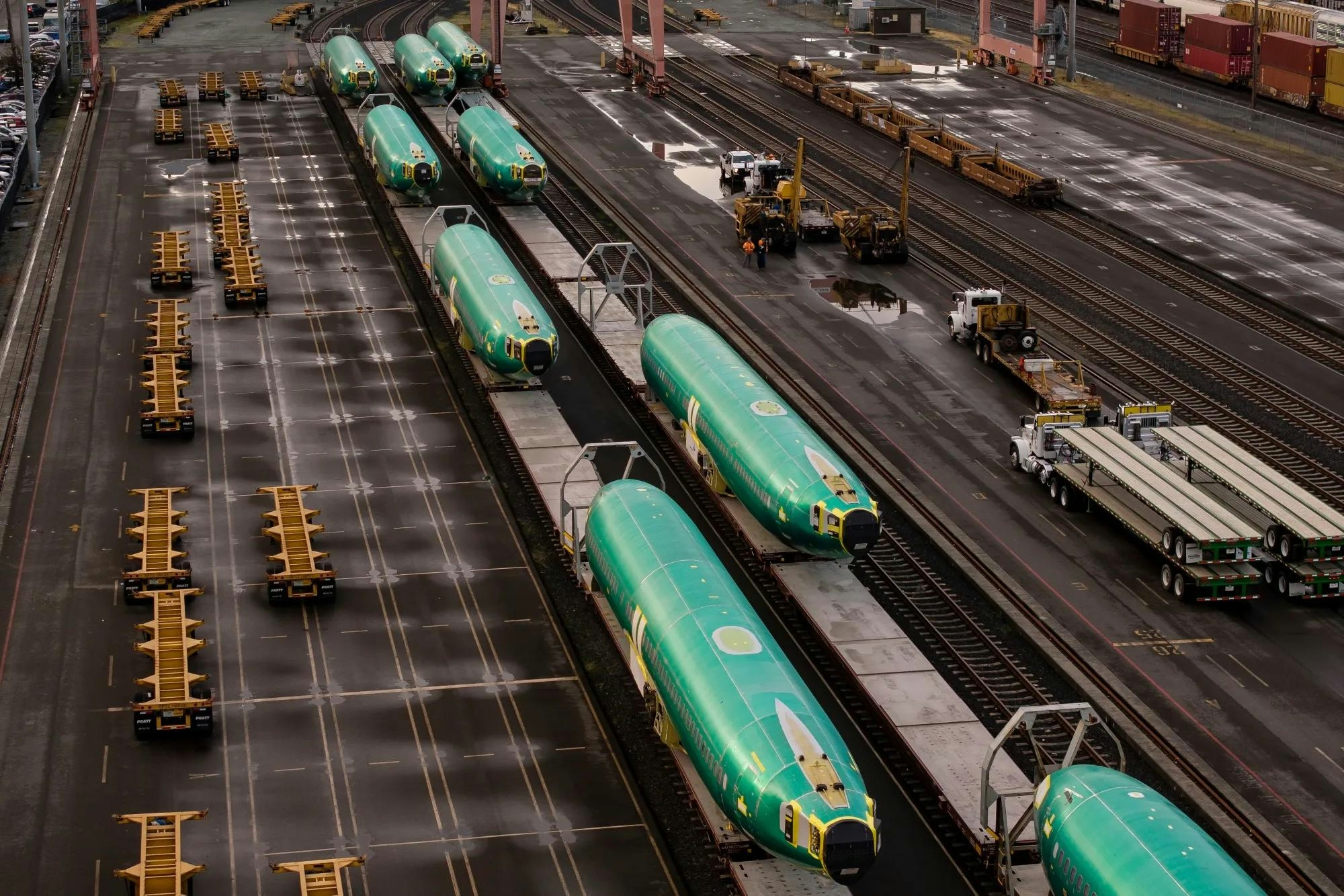
Boeing Reports Improvements in Supply Chain Quality
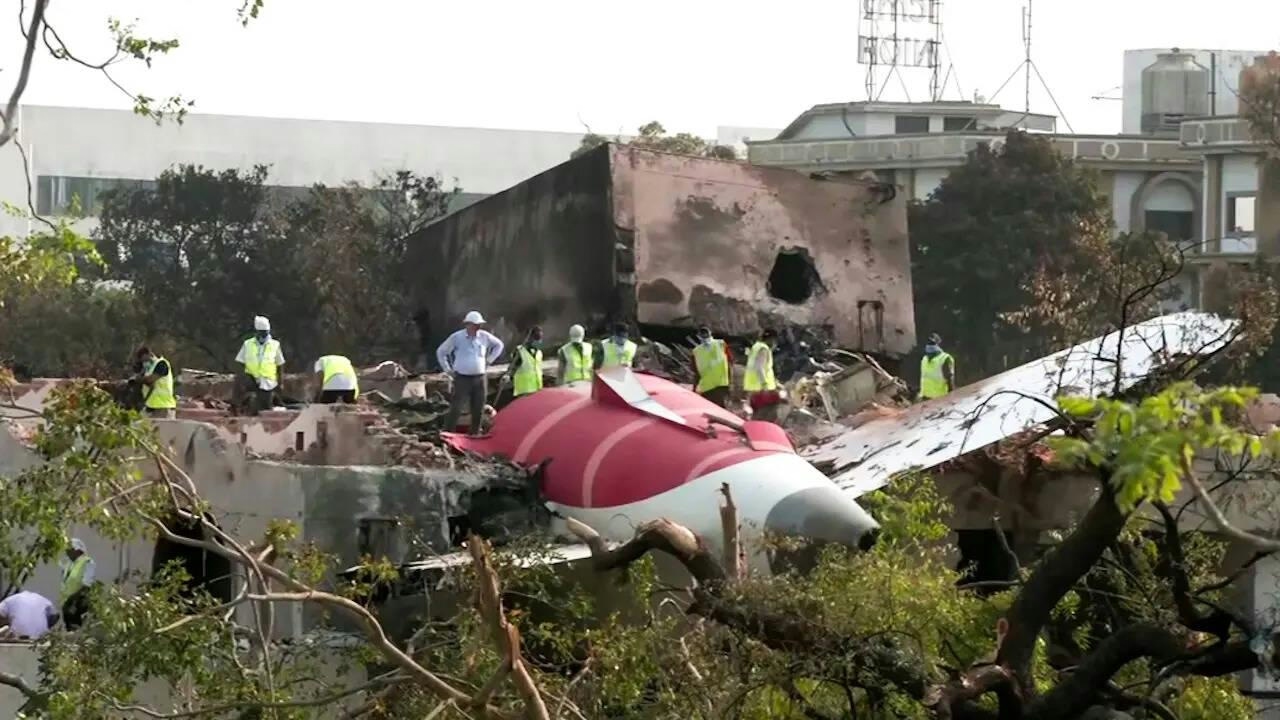
Aviation Experts Respond to Italian Newspaper’s Claims on AI-171 Crash Investigation
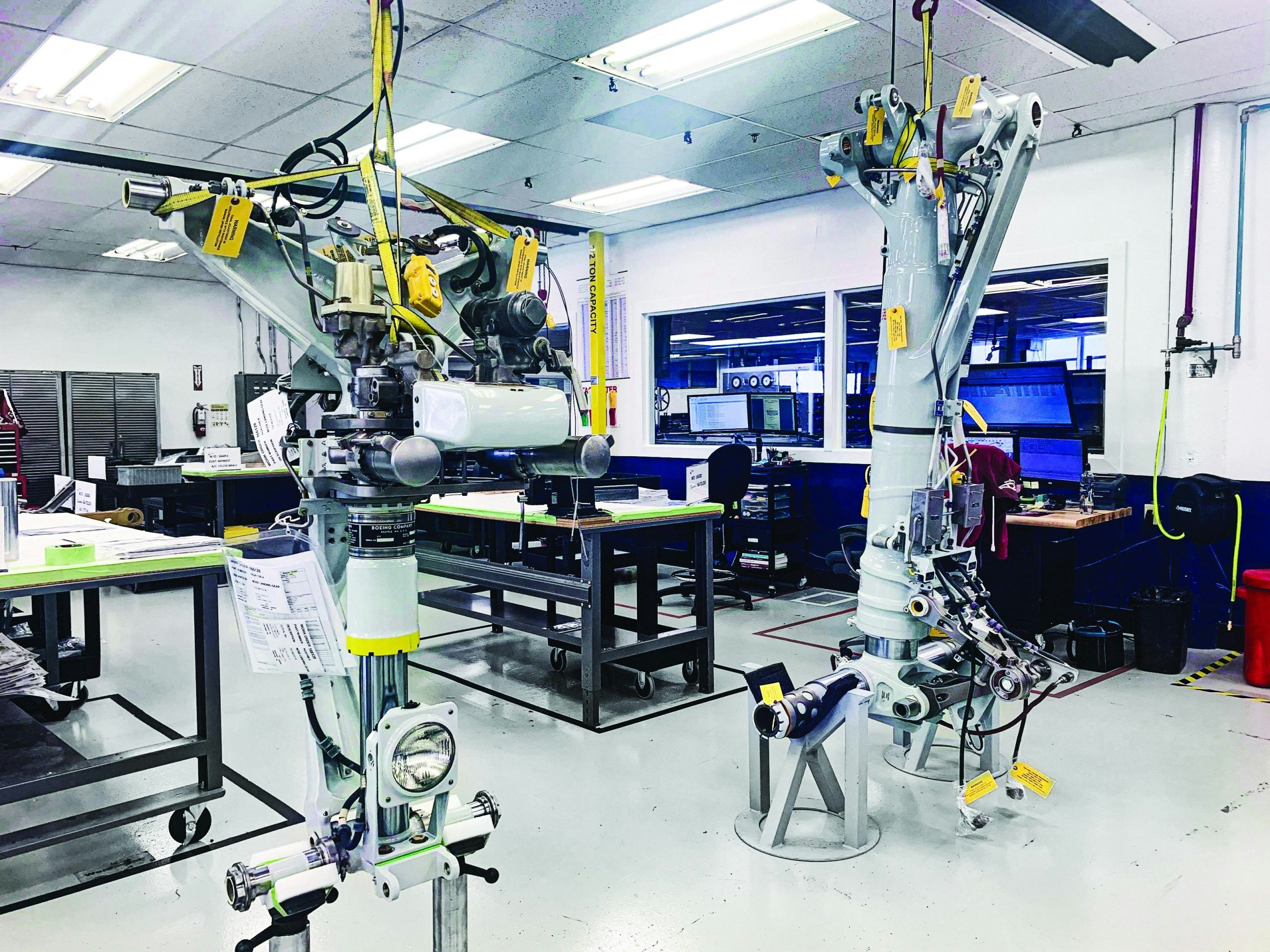
GA Telesis MRO Services Completes Integration of Landing Systems Unit Ahead of Schedule
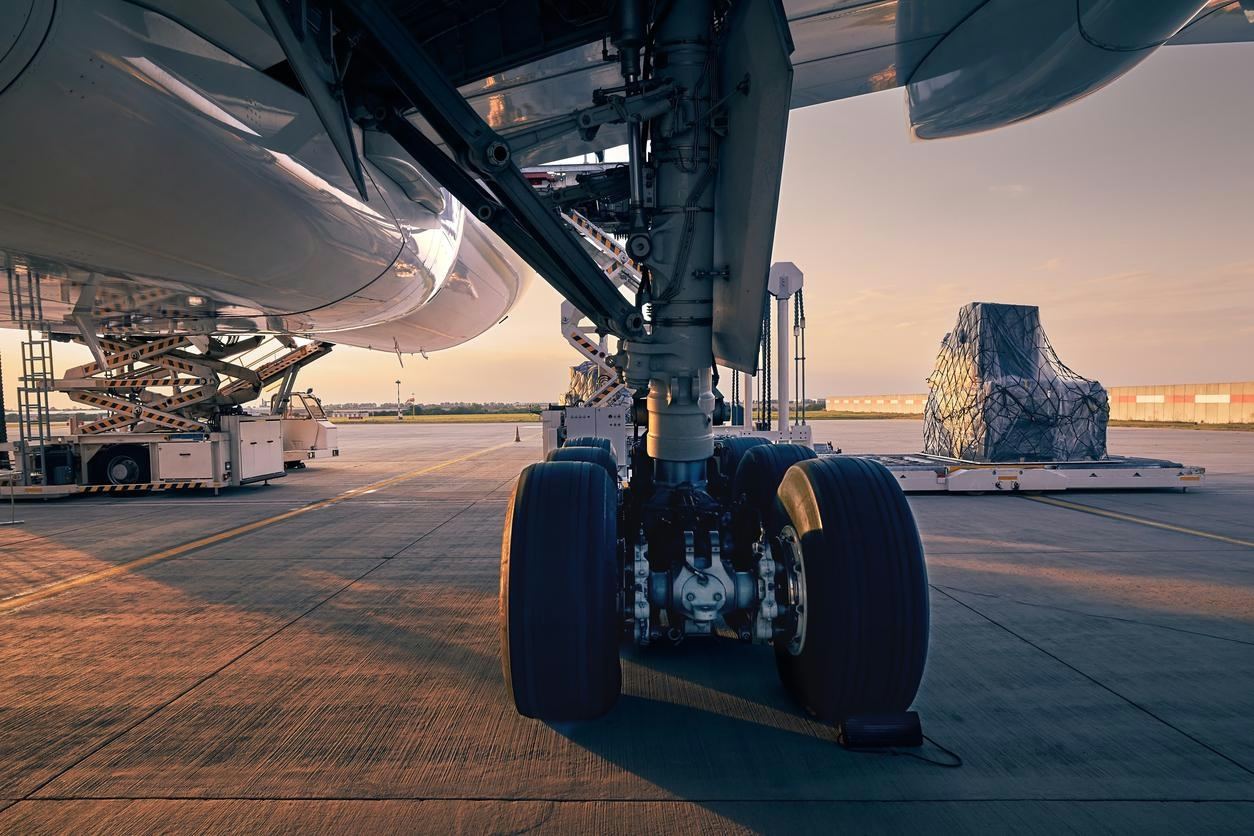
SAF Certification and ISCC Rules Reshape Aviation Supply Chains
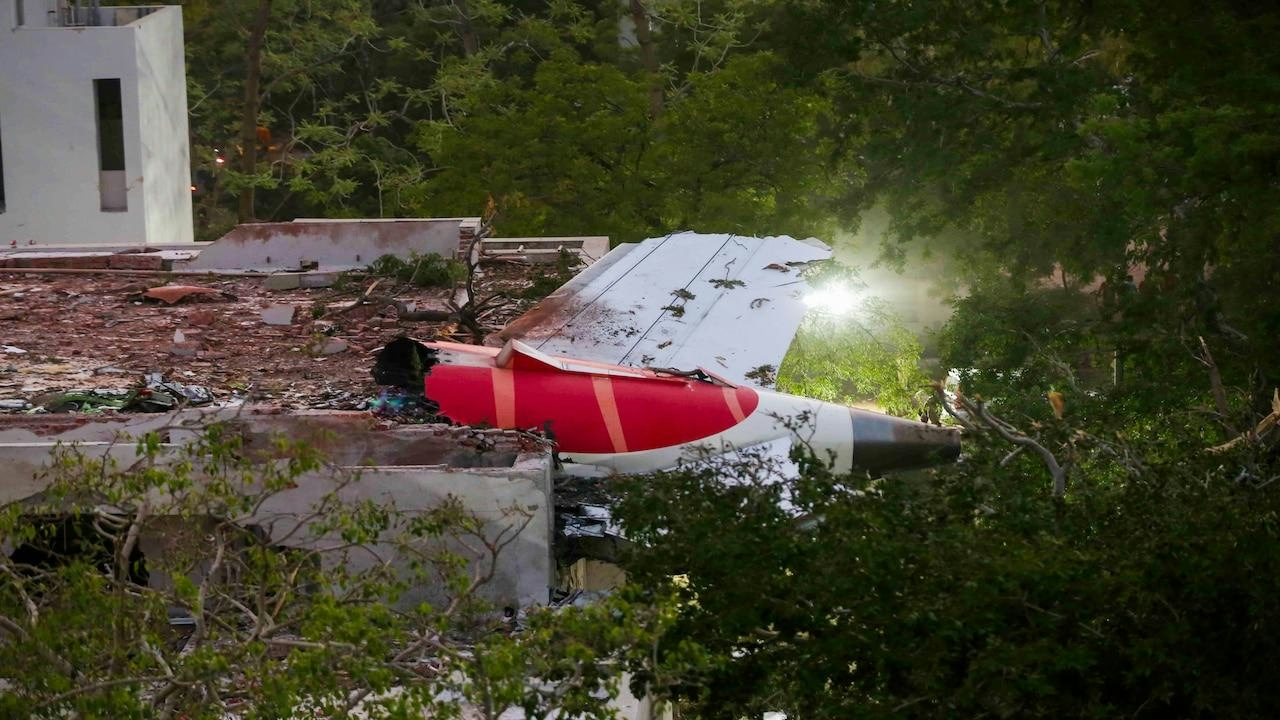
AAIB Continues Investigation into AI-171 Crash, No Conclusions Yet
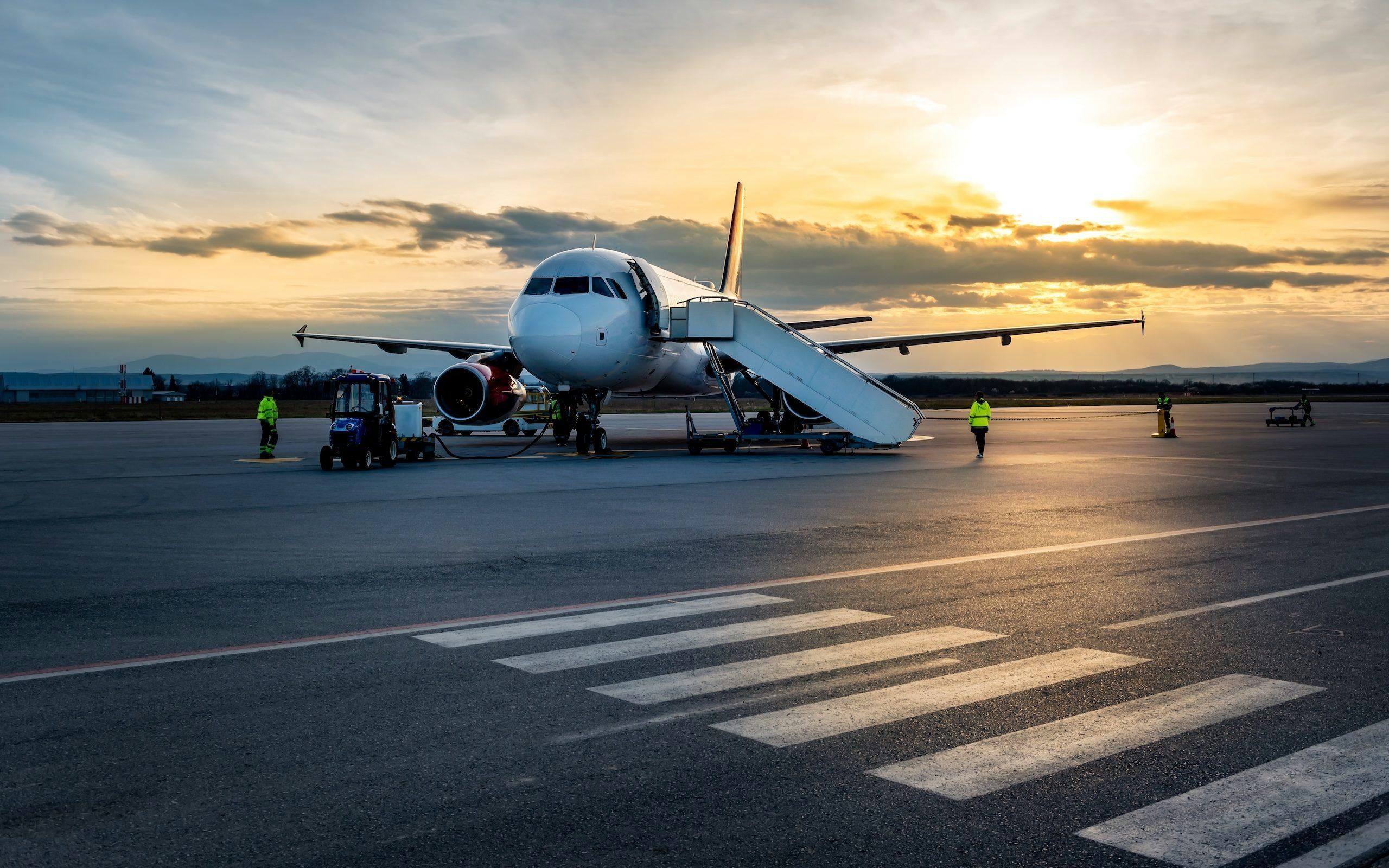
BlueFive Capital Launches Aircraft Leasing Firm

Bavarian Startup Unveils eVTOL Aircraft 'Romeo'

ALTO Aviation Completes Over 100 Installations on Gulfstream Aircraft

AIR ONE Launches Personal Electric Aircraft
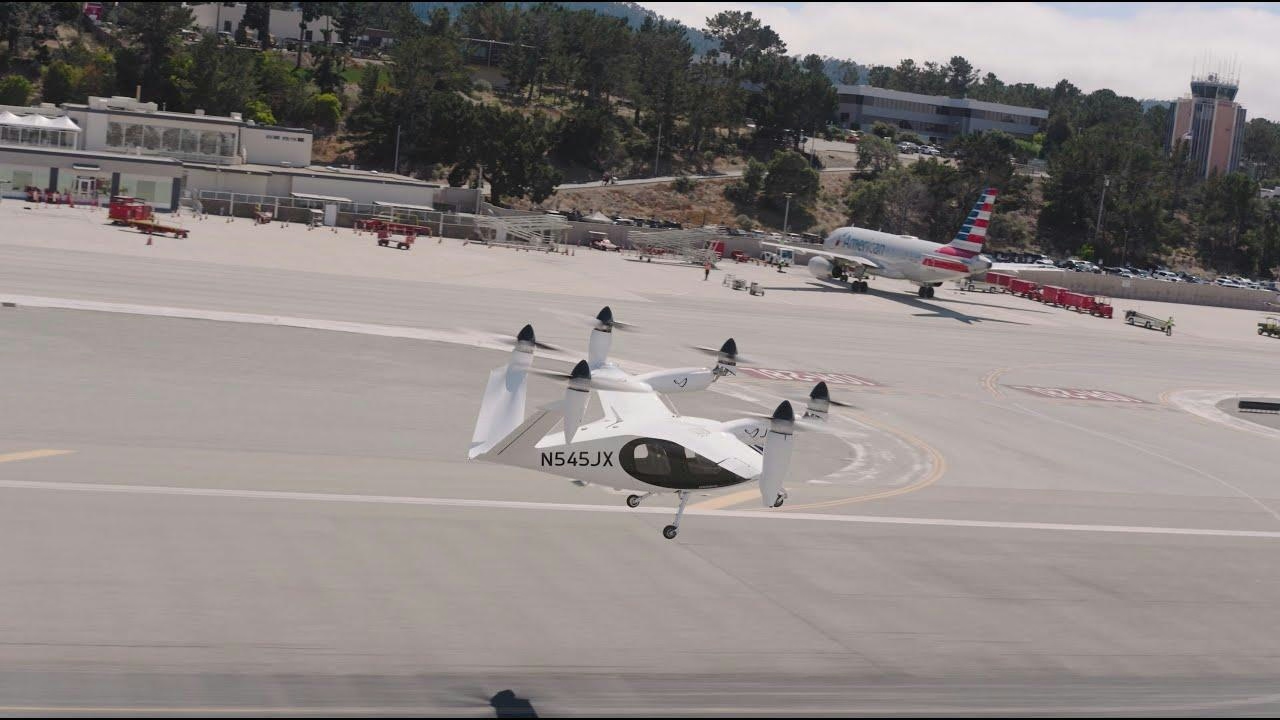
Amazon Invests in BETA Technologies Amid CTOL Debate Over eVTOL Prospects
